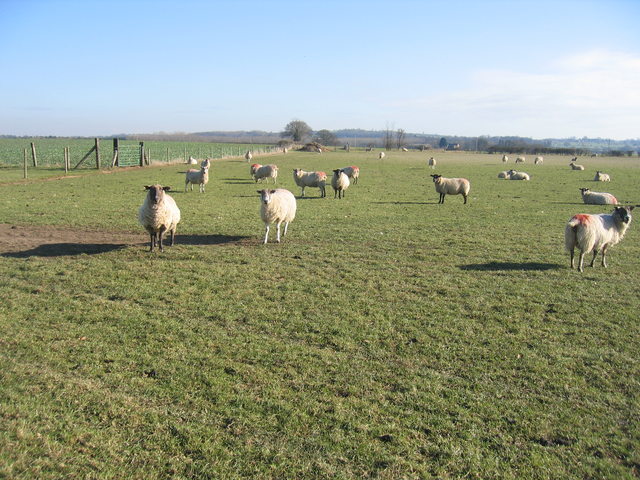Technology, Google Algorithm | featured news
How Is Google's Freshness Algorithm Affecting Wopular
Tue, 11/08/2011 - 1:23am — senhLast Thursday, Google launched another algorithm change to their search engine that rewards “fresher” content. For example, if you’re searching for a current event, the latest news articles would pop up to the top of the page. 35% of the search results are affected. I was thinking this should be great for a news sites like Wopular. I checked Google Analytics on Thursday and instead of getting a traffic boost, I got the opposite - a dip.
Link by Link: Dealing With an Identity Hijacked on the Online Highway
Senh: It's unfortunate, but as soon as Google adds an editorial layer on top of their search engine, it's game over for the company - then you can definitely say there's a bias in their search results. It opens up a whole can of worms. What I don't get is why Rick Santorum couldn't do the same and get his followers to tweet and blog about him to push his official site up to the top of the results.
How Google Finds Your Needle in the Web's Haystack
Senh: If you really want to know, AND you like math, go ahead and read the article. If not, I double dare you.
Google's New Search Algorithm Change Took Out 40% of My Google Traffic
Mon, 02/28/2011 - 1:51pm — senhLast Thursday, Google launched a new tweak to their search algorithm. It was targeted at content farms, which many consider to be spammy sites whose content are created solely to attract search engine traffic for specific keywords.
I do notice more and more of these sites on Google’s search results. For me, the main offender is ezinearticles.com. Most of the articles I get from there are completely useless. They’re just keywords being repeated over and over again with a bunch of fillers. I can see why Google wants to push those sites further down their search rankings.
Bits: Google Pushes Down Ranking of Low-Quality Sites
Senh: No wonder. Traffic to my site dropped by 30% from Wednesday to Thursday. The example used in the article from eHow is borderline, but here's a better example: http://ezinearticles.com/?Why-Social-Media-Optimization-Needs-to-Be-Done&id=5720775. There's absolutely nothing useful from that article. All it does is mention the keywords "social media optimization" a bunch of times. There aren't tips on how to do the optimization. There's no even a real discription of what it is.




